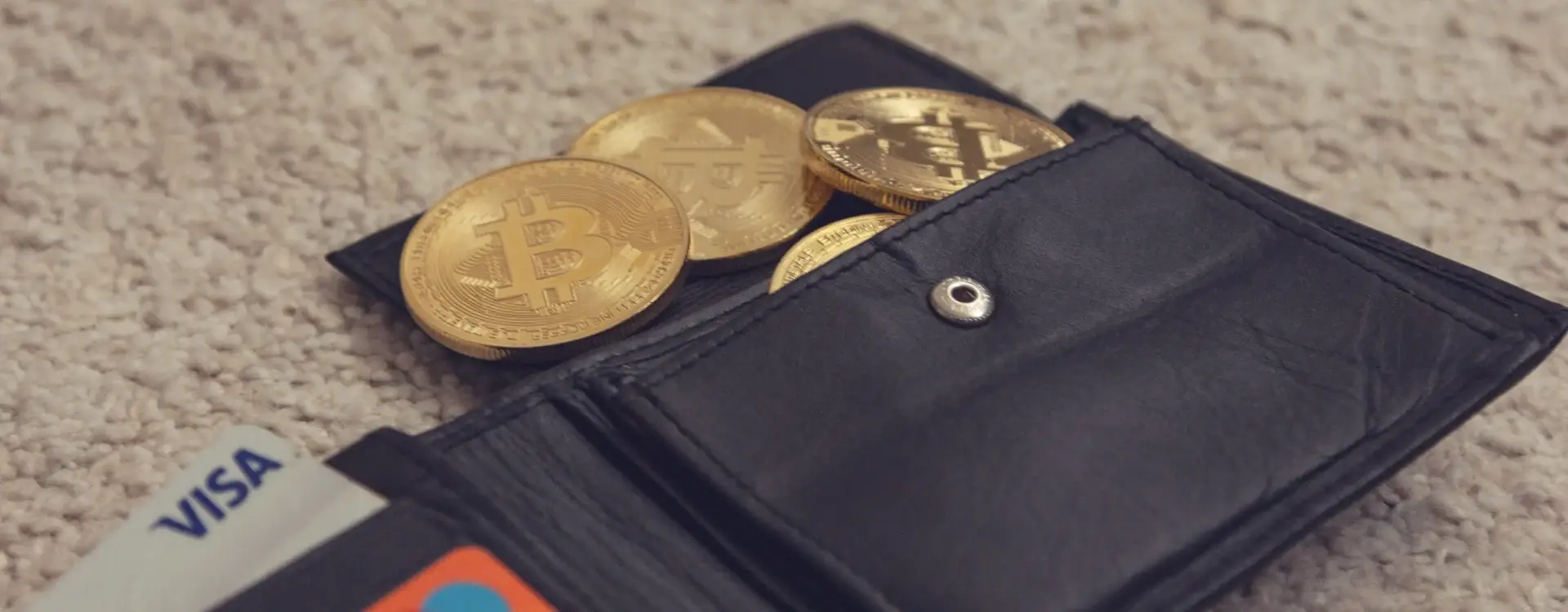
Cryptocurrencies have become a major player in the financial world, offering innovative ways to invest, trade, and transact. However, with the rise of digital currencies like Bitcoin, Ethereum, JioCoin, and Pi Coin, there are also risks that investors must be aware of. From cyber threats to market volatility, the world of cryptocurrency can be a double-edged sword.
In this blog, we will dive deep into the risks associated with cryptocurrencies and provide essential crypto security tips to help you safeguard your investments.
1. Understanding the Risks of Cryptocurrencies
While cryptocurrencies present a wealth of opportunities, there are several risks that investors should be aware of before diving into the digital asset world. Some of the key risks include:
a. Market Volatility
Cryptocurrencies are known for their extreme price fluctuations. A token’s value can skyrocket in one moment, only to plummet the next. This volatility makes crypto investments both exciting and highly risky, as the value of your digital assets can change dramatically.
- Example: Bitcoin, once a niche digital asset, has gone from being worth just a few cents to thousands of dollars per coin over the past decade. Similarly, tokens like JioCoin and Pi Coin can experience sudden and unpredictable price changes.
b. Cybersecurity Threats
Crypto exchanges and digital wallets are prime targets for hackers. Phishing attacks, malware, and hacking attempts are common, and investors have lost millions in crypto thefts due to poor security measures. The decentralized nature of cryptocurrencies can make it difficult to recover lost or stolen assets.
c. Regulatory Risks
The regulatory landscape for cryptocurrencies is still developing across many countries, including India. Governments are tightening their rules and implementing taxes on crypto transactions. Sudden regulatory changes can negatively impact the market, affecting the value and liquidity of digital assets.
d. Scams and Fraud
Cryptocurrency-related scams are unfortunately widespread. Ponzi schemes, fake ICOs (Initial Coin Offerings), and fraudulent investment opportunities can deceive unsuspecting investors. It is important to verify the legitimacy of any project or token before investing your money.
2. How to Safeguard Your Crypto Investments: Security Tips
Protecting your crypto assets requires a combination of good practices and the use of effective tools. Here are key security tips to ensure your investments are safe:
a. Use Strong and Unique Passwords
One of the easiest ways to secure your crypto wallet and exchange accounts is by using strong, unique passwords. Avoid using simple or commonly guessed passwords, as they make it easier for hackers to gain unauthorized access.
- Tip: Use a mix of uppercase and lowercase letters, numbers, and special characters. Consider using a password manager to store and generate complex passwords.
b. Enable Two-Factor Authentication (2FA)
Two-factor authentication (2FA) adds an extra layer of security by requiring two forms of identification before you can access your crypto accounts. This typically includes something you know (password) and something you have (like a code sent to your phone).
- Tip: Always enable 2FA on exchanges and wallet apps that support it. Avoid using SMS-based 2FA, as it’s vulnerable to SIM-swapping attacks—opt for authenticator apps like Google Authenticator or Authy.
c. Store Your Crypto in a Hardware Wallet
A hardware wallet is one of the safest ways to store your digital assets. These wallets are offline, reducing the risk of hacking or phishing attacks. By keeping your private keys offline, you ensure that your cryptocurrency is protected from online threats.
- Tip: Popular hardware wallets include Ledger and Trezor. Always buy hardware wallets directly from the manufacturer to avoid purchasing tampered devices.
d. Stay Cautious with Public Wi-Fi
Avoid accessing your crypto accounts or making transactions while on public Wi-Fi networks. Public networks are often not secure and can expose your sensitive information to hackers through methods like man-in-the-middle attacks.
- Tip: Use a VPN (Virtual Private Network) when accessing your crypto accounts remotely to encrypt your internet connection and protect your data.
e. Research Before Investing
Cryptocurrency scams and fraudulent schemes are rampant, so it’s important to do thorough research before investing in any token, including JioCoin or Pi Coin. Check the project’s whitepaper, team, and community feedback to verify its legitimacy.
- Tip: Use trusted platforms like CoinMarketCap, CoinGecko, and CryptoCompare to evaluate the market performance and history of a cryptocurrency before investing.
f. Be Aware of Phishing Scams
Phishing scams are prevalent in the crypto world. Fraudsters often create fake websites, emails, or social media profiles that appear to be legitimate exchanges or wallet services in an attempt to steal your credentials.
- Tip: Always check the website’s URL before entering your login credentials. Avoid clicking on links from unsolicited emails or direct messages from unknown sources.
3. The Importance of Regularly Monitoring Your Investments
Because the crypto market is volatile, it’s important to stay vigilant and monitor your holdings. Regularly checking the market can help you make timely decisions about buying, selling, or holding your assets.
- Tip: Use crypto portfolio tracking apps like Blockfolio or Delta to keep an eye on your holdings and set alerts for price changes.
4. The Future of Crypto Security: What’s Next?
The world of cryptocurrency is constantly evolving, and as technology improves, so do the methods hackers use to attack crypto assets. Blockchain technology, the backbone of cryptocurrencies, is inherently secure, but the systems built on top of it, like exchanges and wallets, require continuous improvement to ensure security.
- Tip: Stay updated with the latest in crypto security by following trusted sources and communities. Engage with developers and exchanges that prioritize security protocols and transparency.
Conclusion: Protecting Your Digital Assets
Cryptocurrency offers incredible opportunities for investors, but it also comes with inherent risks. To mitigate these risks, it’s essential to follow best practices for security. By using strong passwords, enabling 2FA, storing your assets in hardware wallets, and staying informed about the latest security threats, you can ensure that your investments are well-protected.


